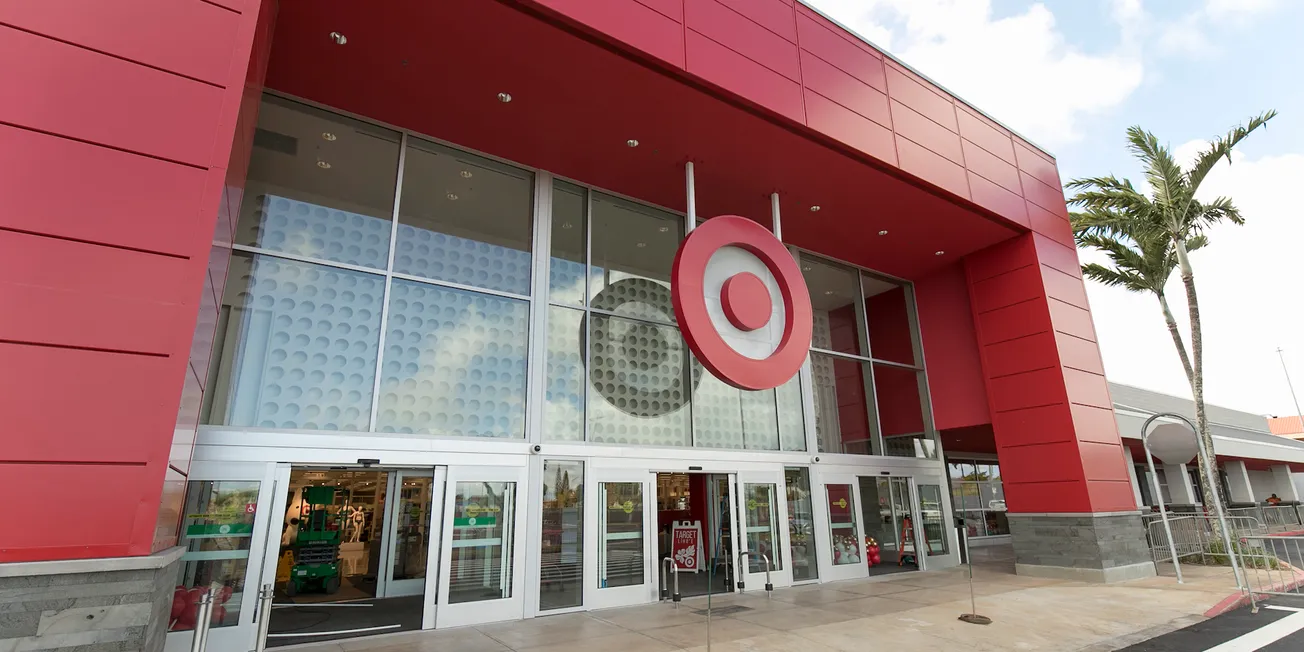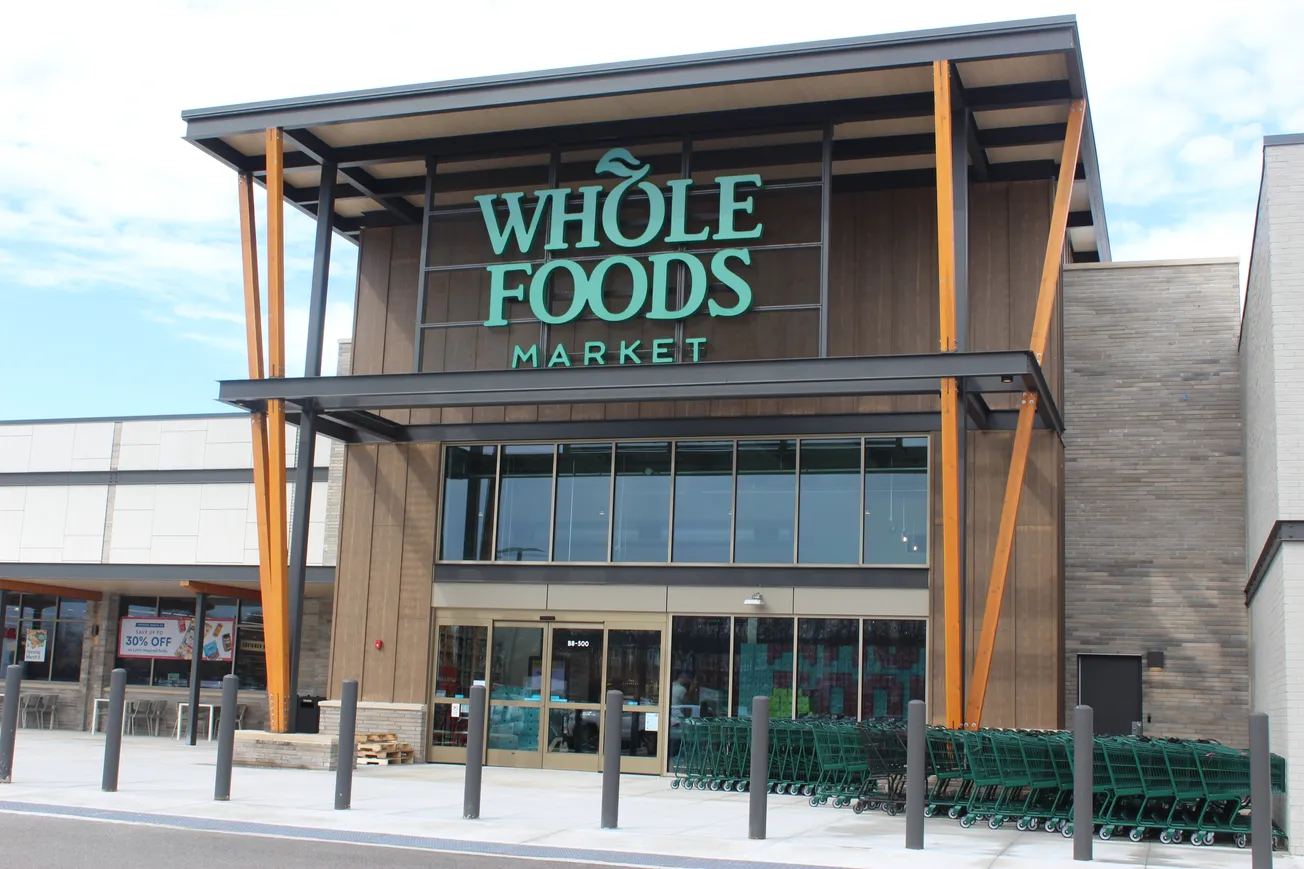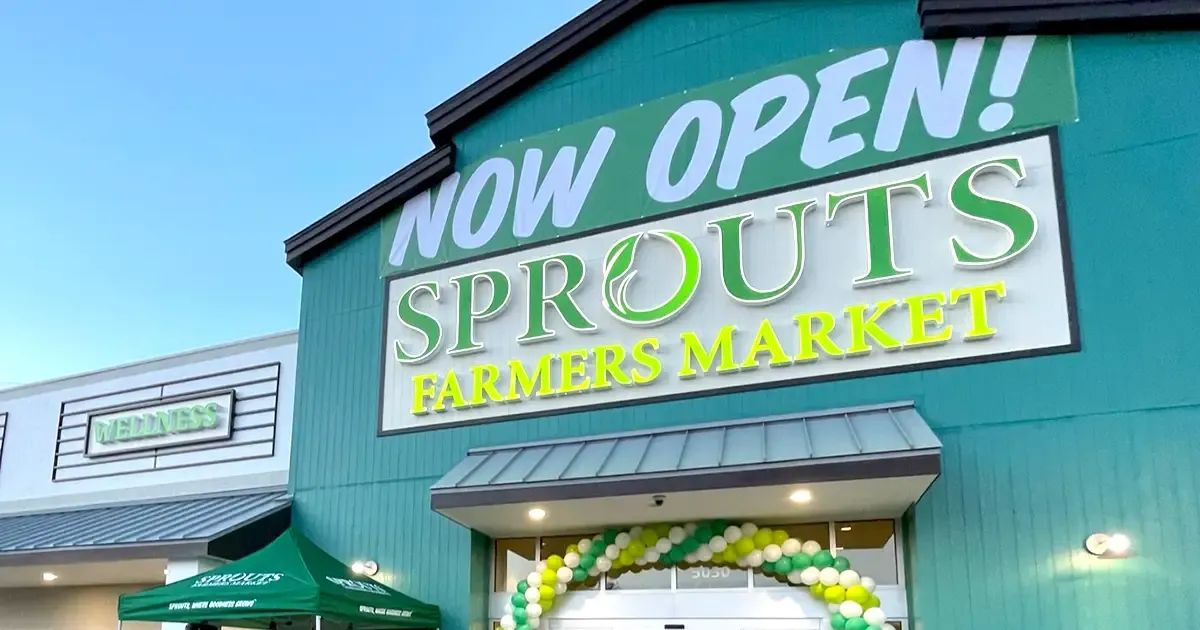JACKSONVILLE, Fla. — Southeastern Grocers announced it has completed a financial restructuring under chapter 11 of the Bankruptcy Code and is poised to compete in an unforgiving retail environment.
The owner of the Winn-Dixie, BI-LO, Harveys and Fresco y Más grocery chains said bankruptcy protection allowed the company to transform its financial profile and reduce its overall debt level by about $600 million, including the exchange of $522 million in debt for equity. The company has not disclosed who is receiving the equity shares.
“It is an exciting new day for Southeastern Grocers, as we emerge a stronger company with an optimal store footprint that is well positioned to thrive in the competitive retail market,” president and chief executive officer Anthony Hucker said in a statement.
“With a stronger balance sheet, we will continually improve the shopping experience for our customers and communities, including nearly 100 store remodels and new store concepts just this year,” he said.
The company is upgrading its food offering, including a wider selection of fruits and vegetables. It also plans to introduce a loyalty program next month that lets customers redeem points for gas or groceries.
Southeastern Grocers operates 575 stores across seven states. The company announced in March that it would close 94 underperforming stores as it filed for bankruptcy protection. Prior to the bankruptcy filing, Southeastern Grocers had been converting underperforming stores to either its Harvey’s discount banner or its Latino format, Fresco y Más — both of which have managed to differentiate their offering in ways that its Winn-Dixie and BI-LO stores have struggled to do against well-capitalized competitors.
Finding sufficient investment capital has been difficult for Southeastern Grocers under private equity owner Lone Star Capital, which invested about $150 million in the buyout of the grocery chain, then called BI-LO, in 2005, Bloomberg News reported. Although it has made investments in lower prices, efficiency measures and the acquisition of Winn-Dixie, the firm has paid itself more than $800 million since 2012 and collected additional sums via management fees, Bloomberg reported, citing regulatory filings.
Hucker said the focus now is on serving the company’s associates and customers, and providing a shopping experience that consumers can count on.
“The success of this emergence is a testament to the hard work of our associates and their commitment to caring passionately, doing the right thing and constantly improving as an organization, all of which is focused upon our purpose of being a great place to work and a great place to shop,” Hucker said.





